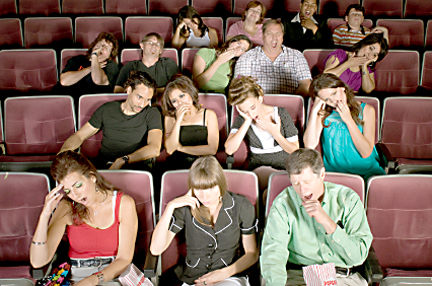
It was 2006, Los Angeles, and I was attending yet another audition technique seminar. I stood on the stage, hoping to fascinate and stun the visiting talent manager with my craft. I was hopeful when I saw that it was a young, black woman. Surely, this meant she was supportive of women and actors of color. I gave it all I had. Or, as good as one can give with dialogue for a one-dimensional, “cute, racially unspecific,” best friend role with no arc. The feedback changed my life.
“You are great, but you don’t look enough like Halle Berry.”
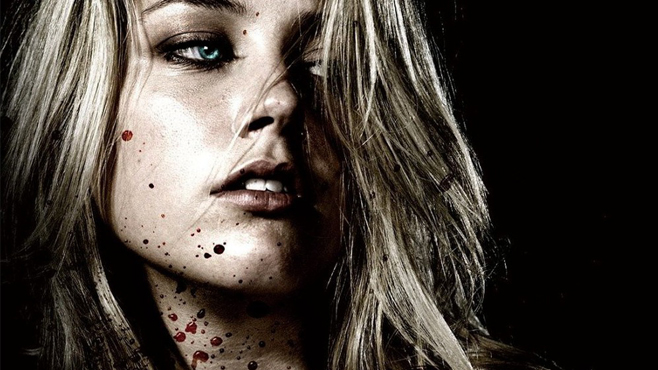
All the Boys Love Mandy Lane manages to convey that toxic rape culture narrative in subtle ways, like when she’s alone with a boy who says, “Can I hold your hand? Can I kiss you?” and she turns her head to let him kiss her cheek. I felt my stomach turn during this scene; she was alone with a boy who clearly had sexual intentions, and Mandy Lane’s cheek move seemed like an appeasement, like a way to delay any unwanted sexual contact without making him angry. Unfortunately, it’s also a move that men often read as coy, as “teasing” … and it puts women in another double bind: she doesn’t want to piss him off and risk him potentially hurting her, but she also doesn’t want to do anything sexual with him. This kind of behavior gets women labeled “teases” all the time, and it’s a way to take responsibility away from men who believe, incorrectly, that the slightest amount of sexual contact—kissing, hand holding—means a woman automatically wants to take things further.

Writing from an international, feminist perspective, I am interested in analyzing the ways gender, sexuality, race, and class are portrayed onscreen. I hope to both examine the representation of women in mainstream movies and draw attention to the stories of others. It is a privilege and pleasure to contribute to vital, contemporary discussions about women in film.
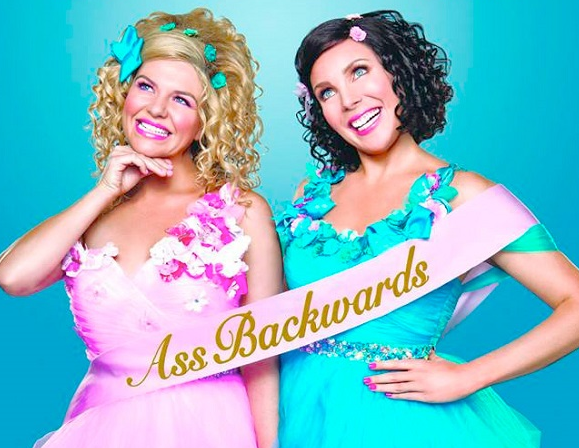
They hitch a ride from a biker feminist who takes them to an all-women’s commune (“We live in a world very far removed from beauty pageants,” they say, after releasing Kate and Chloe from “the fraudulent chains of patriarchy”). There are some silly stereotypes in this scene, but Kate and Chloe are the tone-deaf ones (as always), and the older feminists are sympathetic and admirable. When they worry about their lack of appeal to the younger generation, Kate and Chloe step up to help them with a business plan–and they don’t know what they’re talking about. They just make fools of themselves, and don’t understand the consequences of their actions. (Could this be a criticism of third-wave feminism? I’d like to think so.)
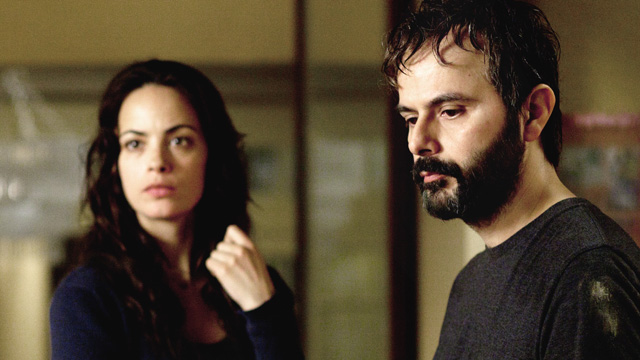
We learn in The Past that not is all as it seems, and maybe all that is left in the past isn’t really. Academy Award-winning director Asghar Farhadi (2011’s The Seperation) returns with his first movie outside of Iran. Ahmad (Ali Mosaffa) returns from Iran to finalize his divorce with Marie-Anne (Berenice Bejo, 2011’s The Artist) and finds himself awkwardly sleeping at the house of her new boyfriend, which also contains her children.
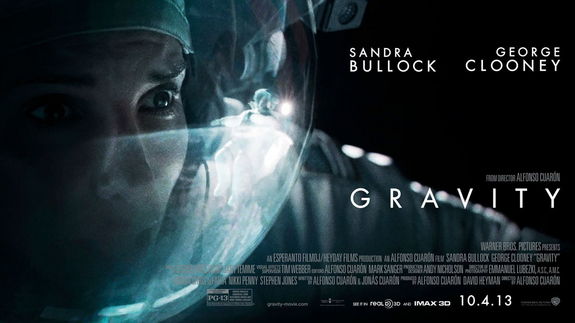
Gravity survives on the merit of its spectacle. It’s beautiful, terrifying, and gripping. The characters, while feeling real, are underdeveloped. The story itself is one big metaphor for Stone’s journey into isolation and despair after suffering personal tragedy. It is an epic allegory about the journey toward life, toward connection with the earth. I couldn’t tell you what kind of card player Stone is, though, or what made her want to become a doctor. Her life is a blank because she’s not an individual; she’s an archetype.

But what I do want to talk about is the conversation that has swirled around young Cyrus ever since the ill-fated twerking incident at the VMA’s, and her subsequent music video of her naked on a wrecking ball. Everyone has slut-shamed Miley Cyrus. They’ve wagged their fingers at her dance moves, her tongue, her hair-cut, her entire demeanor, her (unsurprising) change from Disney star to adult, her drug-use, and the fact that she’s just “not a role model for young girls.”
Because apparently America thinks, as it has for the past, I dunno, forever, that female sexuality is “icky.”

From Aristophanes’ Lysistrata to contemporary men-are-from-Mars neurobabble, there has been a Western cultural tendency to view male-female relations in military terms, as a “battle of the sexes.” As a veteran of both teams, and even more so as a feminist who disputes gender essentialism, binarism, and cissexism, I find this framing deeply tiresome and hopelessly passé, and it’s hard to know what to with cultural products that revisit it.

The idea for THE DREAMERS came to me over time. I saw it in the periphery of my vision as I woke up at 4 a.m. to go work the opening shift at my day job. I felt it pulling at the hem of my secondhand cargo jacket as I biked the heinous Chicago streets from one six-hour shift to another. I heard it in the stories and anecdotes of my fellow artists and friends as they struggled just like I did. It got to the point where I felt like I was being haunted.
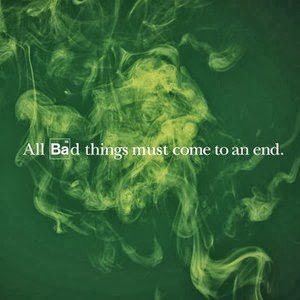
Because Jesse doesn’t fall into the same masculine megalomania that Walt does, he prevails. He suffers–god, does he suffer–but he is not sacrificed. He peels out of that Nazi compound in that old El Camino, tearing through the metal gates and sobbing and laughing his way away from his life as a prisoner of toxic masculinity–first Walt’s, then Jack and Todd’s.

Barbara retains her mystique as long as she continues to refuse to sleep with Jon, meaning that he actually has to put effort into courting her. Upon discovering her fascination with romantic comedies, Jon playfully gripes in the voiceover about how she’s delusional and those things never happen in real life. From that point onward, like any good self-deprecating genre film, the same swelling music plays any time Jon and Barbara share a romantic moment. Additionally, the same thumping club music pops up whenever Jon sizes up a new conquest. Jon and Barbara both use media as a crutch to validate fantasies about relationships, yet are comically incapable of recognizing their shared escapism because they insist that the other’s pastime is a bastardization of social dynamics, which neither of them actually understand. Oh, you two!
Child & Teenage Girl Protagonists Male Feminists & Allies Women & Gender in Cult Films & B-Movies Older Women in Film & TV Women in Sports Women with Disabilities Wedding Movies Travel Films Infertility, Miscarriage & Infant Loss Women & Gender in Foreign Films Women of Color in Film & Television Classic Literature Film Adaptations … Continue reading “Theme Months”










